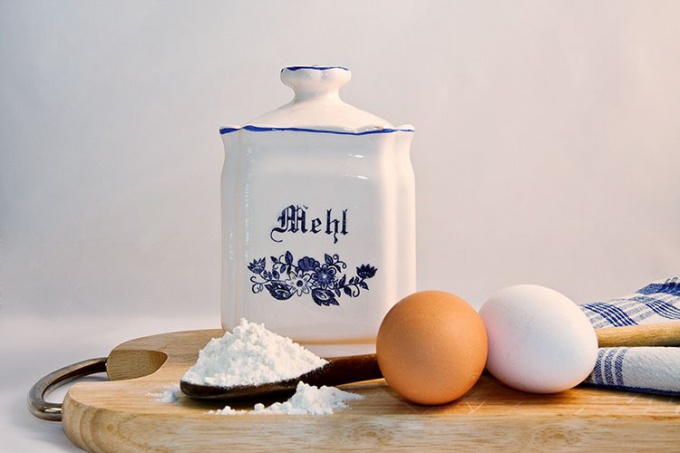You will need
- - baking soda; - acid products; - eggs; - alcohol.
Instruction
1
Baking powder was invented in the early XX century and it can easily be reproduced at home. For this you will need 1 teaspoon of citric acid, 1 teaspoon of ordinary baking soda and the same of any filler – starch, flour or sugar. The finished mixture can be stored for a long time, once as a liquid medium, soda and acid react with each other. A by-product of the reaction becomes carbon dioxide, which loosens the dough, making pastries and high elastic.
2
Exactly the same result can be achieved by adding in the dough and ordinary baking soda. But in this case, other baking ingredient should be some kind of product containing acid. For example lemon juice, yogurt, kefir, sour fruit in the form of puree. Be careful not to shift the soda, its quantitative ratio should not exceed 1 teaspoon per 500 g of flour, otherwise the cakes will get a particular bad taste.
3
In cookbooks of the Soviet period in many recipes offered to repay soda before introducing it into the dough. This can be done in an ordinary tablespoon, adding a little vinegar or lemon juice. Immediately your eyes will occur violent chemical reaction, so do not hesitate, and immediately stir in the hissing mass in the dough, so as not to lose the precious bubbles of carbon dioxide, for which all and was started.
4
Bubble structure can be achieved by using a large number of eggs. The more you move them, the higher and lighter, turn the cakes. To enhance the effect, whip the egg whites separately from the yolks, enter them into the dough at the end of cooking, involving careful movements from the bottom up.
5
A good alternative to baking powder and may be a alcohol in the form of rum or brandy. Just add 1-2 tablespoons and bake further in accordance with the recipe. Alcohol vapors will loosen the dough and evaporate. However, if the baked products are intended for use by children, alcohol is still neglected.
